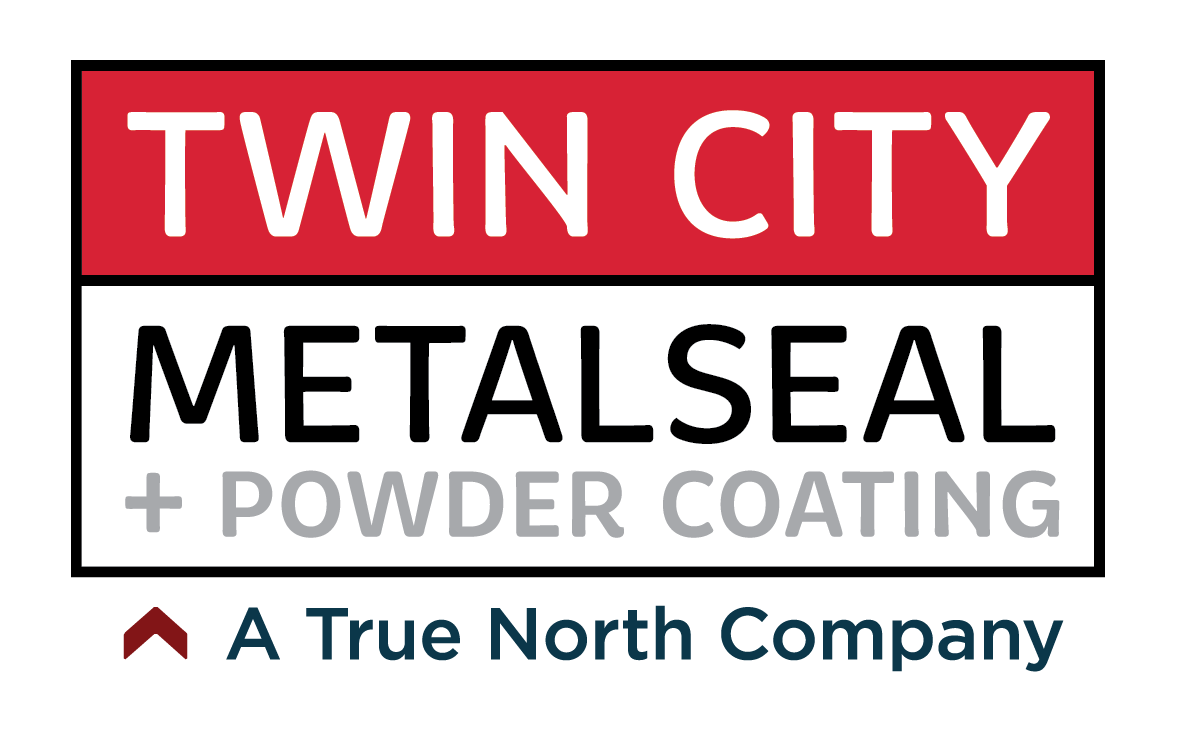Fast. Effective. Efficient.
Vacuum Impregnation is the fastest, most effective process for eliminating problems of porosity in castings. It prevents leakage of fluids and gases, prevents plating defects, increases machinability, reduces scrap and, ultimately, increases profits.
WHY VACUUM IMPREGNATION?
A PROVEN PROCESS
It has been proven to be more cost effective to impregnate rather than to scrap castings. If a casting has had expensive machining processes there is no way to recover that cost if the casting is scrapped. It has been calculated by engineers that impregnation is a small cost when recovering expensive components. In addition, other benefits include:
ELIMINATE LEAKS
GREATLY REDUCE scrap & WASTE
ELIMINATE IN-PROCESS TESTING
EXTEND TOOL LIFE
Before (right) and after (left) vacuum impregnation
ELIMINATING POROSITY
The metal casting process is very sophisticated, but it still has inherent imperfections. When liquified and injected into a mold, metal creates gas bubbles that get trapped inside the molded form as the metal solidifies. Gas bubbles create air pockets and voids. Depending on their size and their random placement within the casting, this porosity can cause metal parts to leak when placed under pressure.
What types of parts can be vacuum impregnated?
+ AGRICULTURAL
+ AVIATION
+ BRAKE COMPONENTS
+ CLUTCH COMPONENTS
+ COMPRESSORS
+ DEFENSE
+ ELECTRONIC COMPONENTS
+ ENGINES
+ FIRE ENGINE COMPONENTS
+ FUEL SYSTEMS
+ GAS & STEAM FITTINGS
+ GEAR HOUSINGS
+ HYDRAULIC SYSTEMS
+ PUMPS
+ MARINE
+ METERS
+ REFRIGERATOR COMPONENTS
+ VALVES
What material capabilities does this apply to?
+DIE CASTINGS
+SAND CASTINGS
+MAGNESIUM
+BRONZE
+STEEL
+ALUMINUM
+IRON
+ZINC
+ALLOYS
+POWDERED METAL




